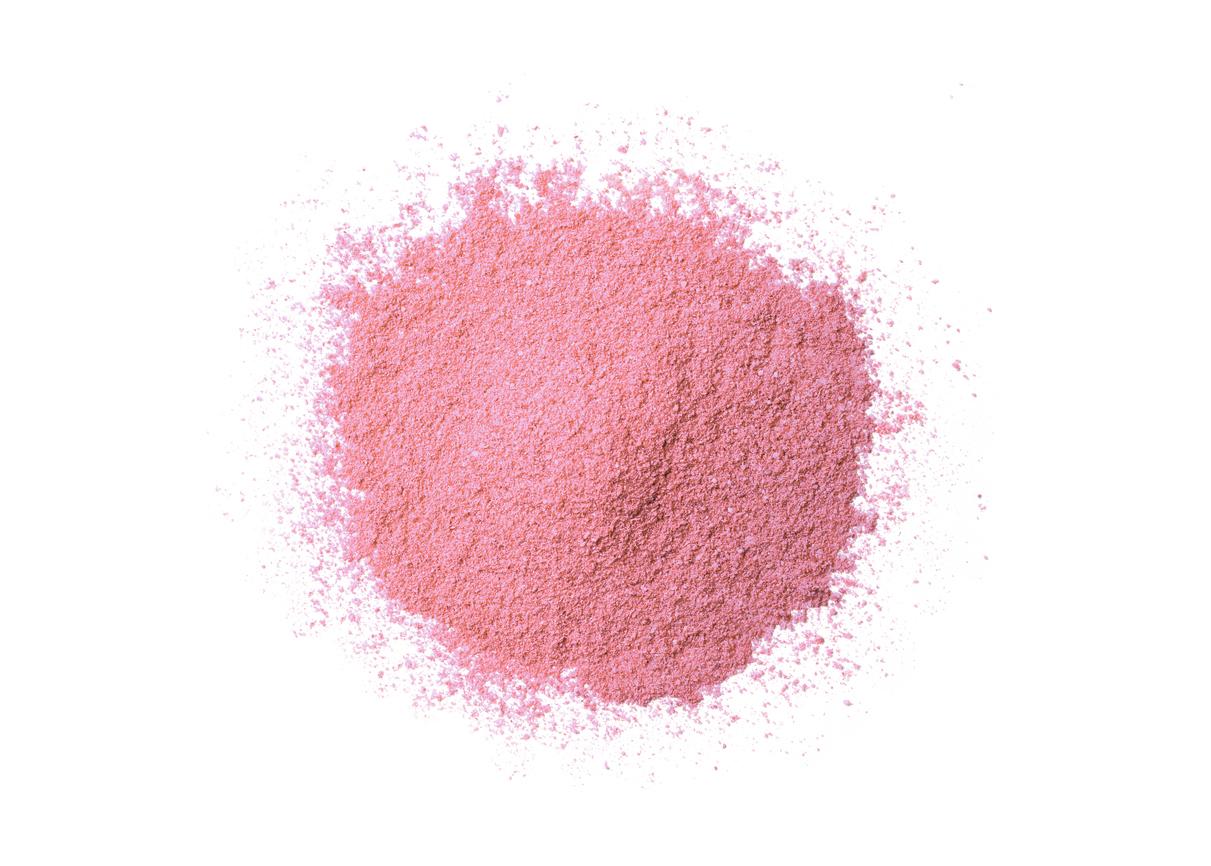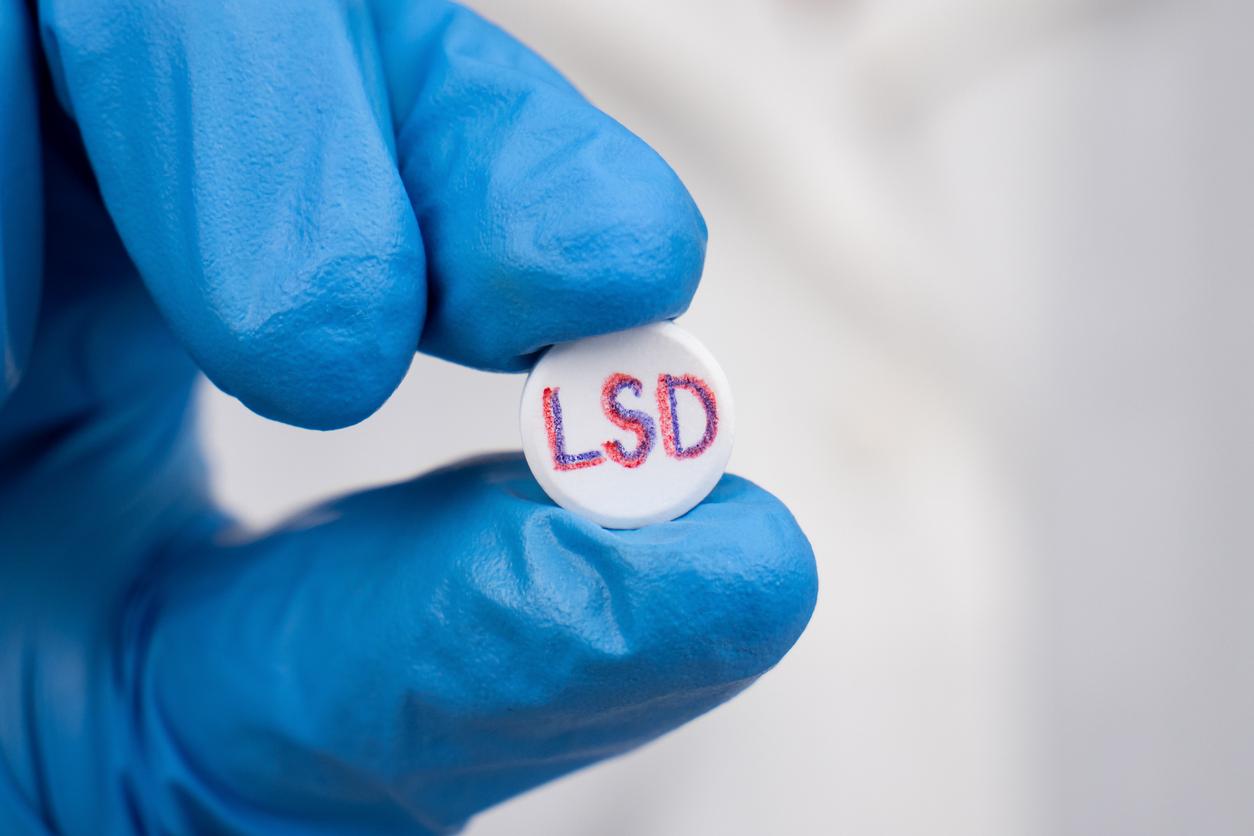What if you could eat just about anything and still not gain weight on a pill? The search for thinness goes (always) further, as revealed last February by the Health Science Center at the University of Texas at San Antonio. American scientists are working on a “miracle drug”, CPACC, reports Science Alert this August 22.
But if it achieves this weight-related goal, it is not a drug that is only intended to prevent weight gain. He acts in such a way that magnesium can no longer excessively penetrate the mitochondria, because when it is there in high doses, it blocks the mechanism of the latter. As a reminder, mitochondria play a role in burning our calories. When they are too loaded with magnesium, it is as if they lack the energy to carry out their task.
Protect against illnesses linked to junk food
The objective of the CPACC is to fight against the dysfunctions of the mitochondria which are responsible for a good number of pathologies, such as diabetes, cardiovascular diseases… It operates by erasing the role of a gene, the MRS2, which contributes to transport magnesium to our cells.
To test it, they imposed a high-calorie diet on mice and administered them in parallel, from their 14th week of life, up to 1 year (which is long on the scale of a rodent’s life). . They remained thin, on the one hand, but this is not the main thing of what happened: they have not developed all the health problems associated with eating poorlysuch as diabetes, cardiovascular problems or obviously obesity.
They concluded that this drug made it possible to erase the risks associated with junk food on health, at least those of mice. But they also point out that this does not necessarily mean that the drug will have the same impact in humans.
Sources: Science Alert, Cell Reports



















